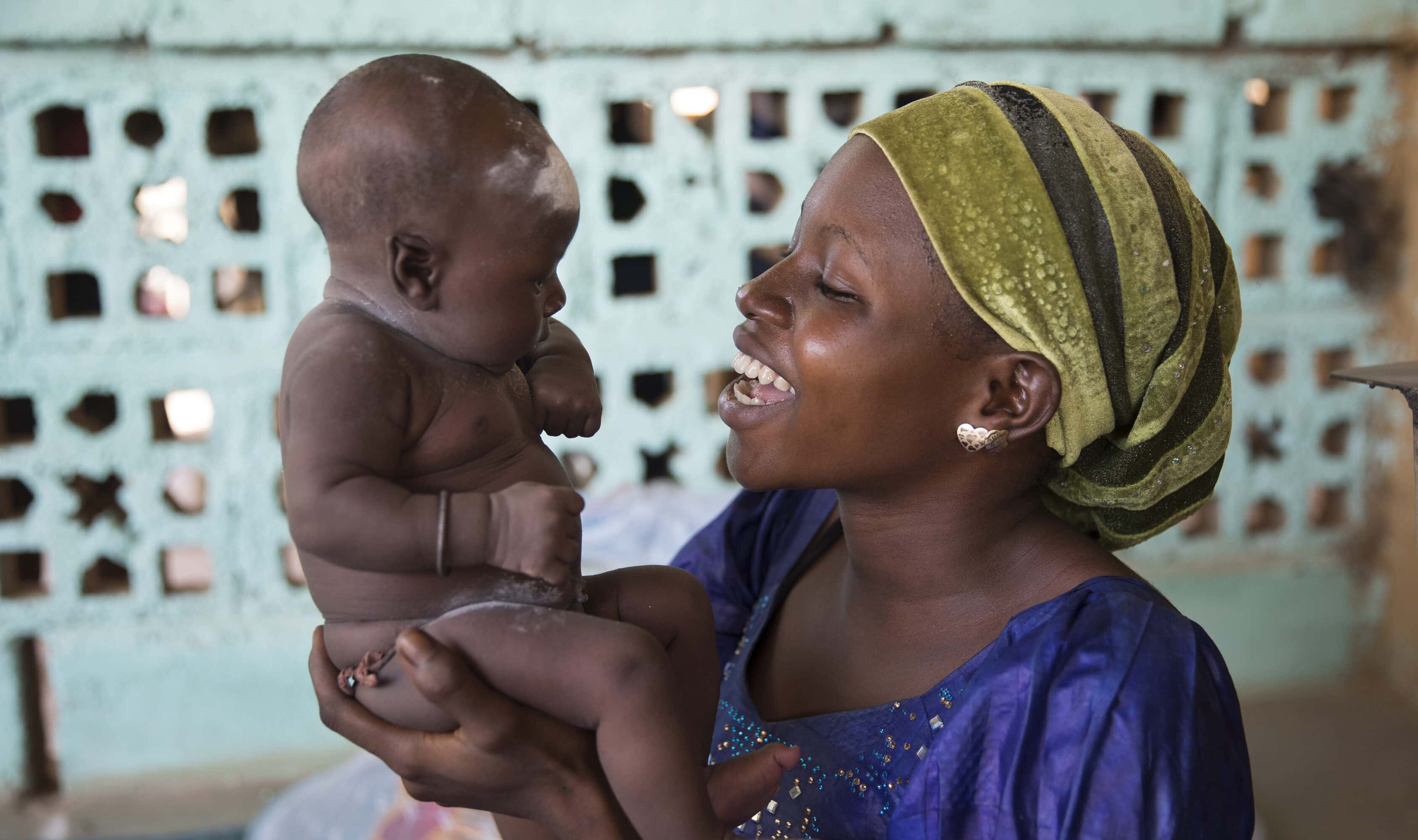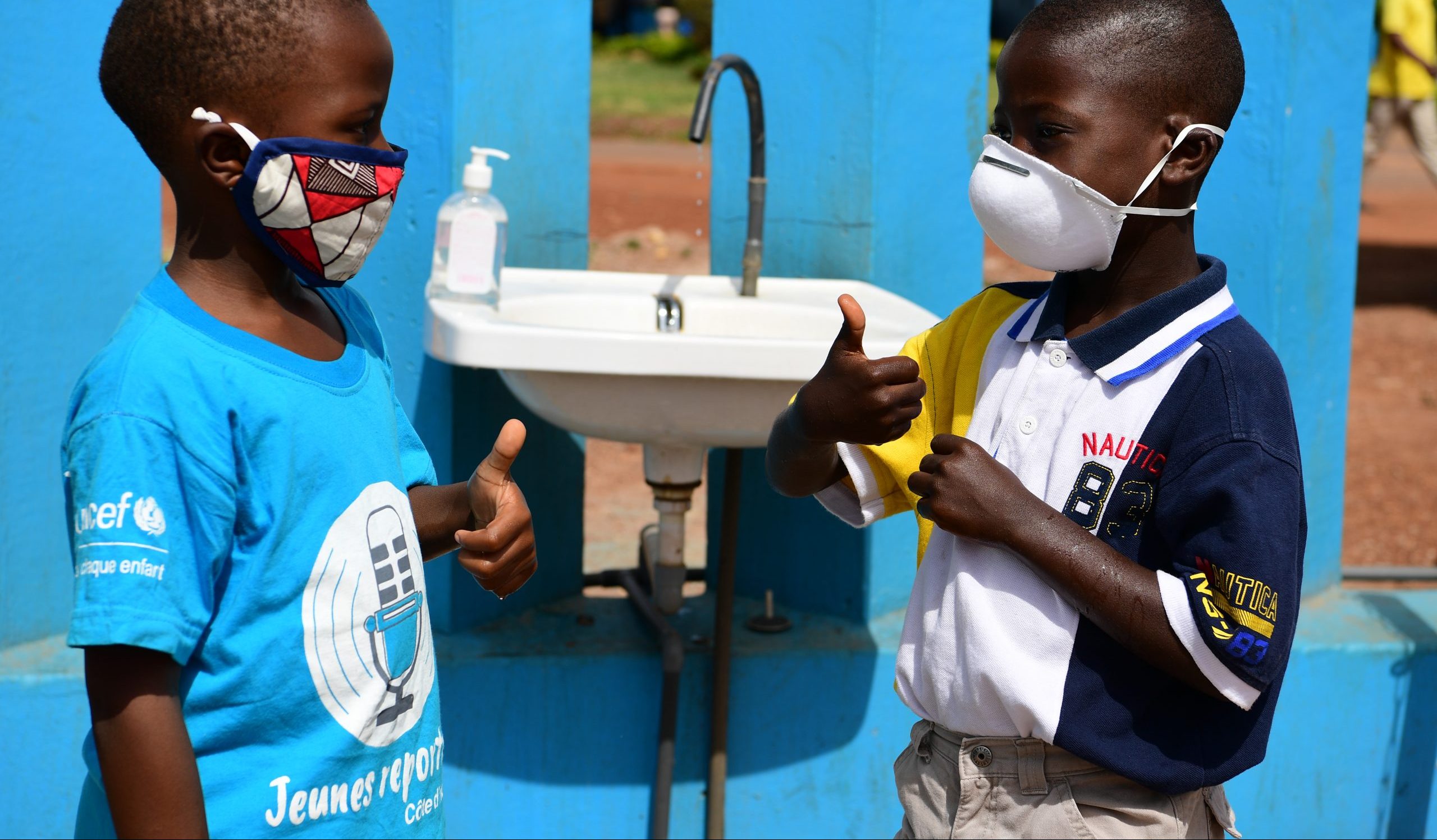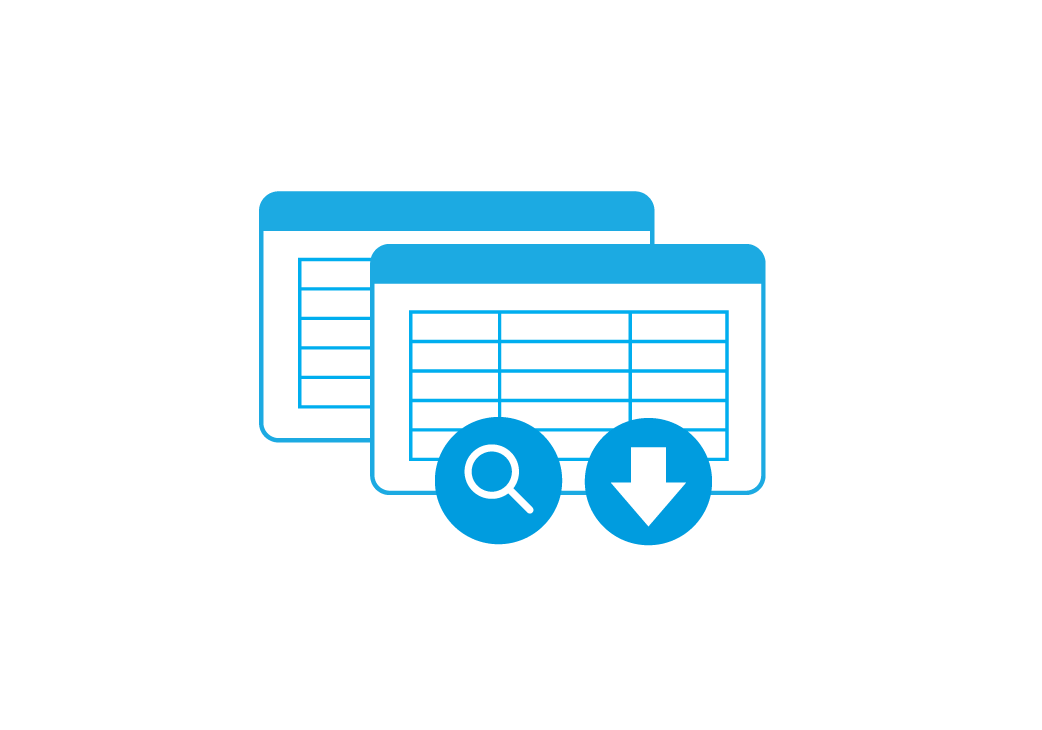Global progress report on WASH in health care facilities
Fundamentals first

A reliable supply of safe water in health facilities is critical to providing quality health care, especially in the midst of a global pandemic. It ensures that those who seek care are not worse off going to a hospital or clinic and that they receive the needed care. Yet, approximately 1.8 billion people use or work in health care facilities without basic water services, placing them at heightened risk of COVID-19 and other diseases, according to a joint UNICEF-WHO report.
This global progress report on water, sanitation, hygiene and waste management and environmental cleaning (WASH) in health care facilities comes at an unprecedented moment, when COVID-19 is exposing key vulnerabilities in health systems, such as inadequate infection prevention. WASH services in health care facilities – often taken for granted or outright neglected, as this report notes – are needed more than ever to protect vulnerable health workers and patients. It finds that 1 in 3 facilities globally do not have hand-washing necessities where care is provided, 1 in 10 have no sanitation services, and 1 in 3 do not segregate waste safely. Across the world’s 47 least-developed countries, the situation is even worse, with the full extent of the problem remaining hidden because of major data gaps.
While the data paint a dire picture, access to WASH can be improved with immediate, incremental investments. Improving hygiene in health care facilities is a “best buy” for tackling antimicrobial resistance as it reduces illnesses that may be costlier to treat later on. Critical gaps remain, however, with only one-third of countries having developed roadmaps for action and just over 10 per cent having integrated WASH indicators into their regular national health system monitoring.






